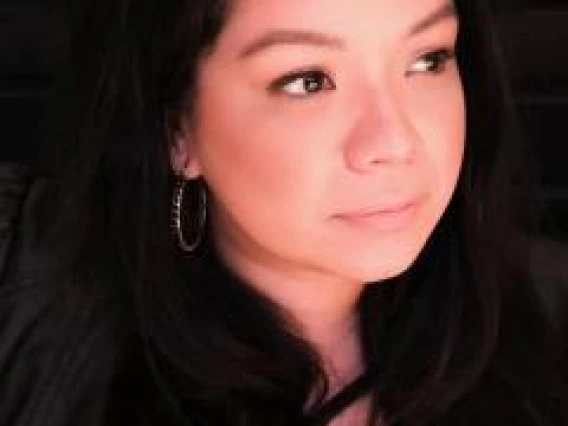
Daisy Vargas, a UA Assistant Professor of Religious Studies, has been selected as one of 10 participants in the prestigious 2019 Young Scholars in American Religion Program.
Vargas, who joined the University of Arizona College of Humanities faculty in 2018, specializes in Catholicism in the Americas, race, ethnicity, and religion in the U.S., and Latina/o/x religions.
“I’m honored to have been chosen to be part of a cohort of brilliant scholars of American religion,” Vargas said. “I look forward to the opportunity to participate in a program that fosters close collaborations among junior scholars and supports professional development and research.”
The Young Scholars in American Religion Program, at the Center for the Study of Religion & American Culture at IU School of Liberal Arts at IUPUI, is a highly competitive early-career scholar award.
With support from the Lilly Endowment, the program assists these early career scholars in the improvement of their teaching and research and in the development of professional communities. According to IUPUI, more than 160 faculty have gone through the program, which began in 1991 and has been funded by Lilly since 2002. Each cohort includes 10 to 12 new faculty paired with two senior mentors, with four to five seminars over two years. Admission is highly competitive, with only about 10 percent of applicants accepted.
“It is an honor to have an assistant professor admitted to this prestigious program,” said Karen Seat, Head of the Department of Religious Studies & Classics. “Some of the most prominent scholars in the field today participated in this program when they were just starting their careers. Early-career faculty in this program receive mentoring and networking opportunities with leading intellectuals nationwide.”
Vargas’ current project, “Mexican Religion on Trial: Race, Religion, and the Law in the U.S.-Mexico Borderlands,” traces the history of Mexican religion, race, and the law from the nineteenth century into the contemporary moment, positioning current legal debates about Mexican religion within a larger history of anti-Mexican and anti-Catholic attitudes in the U.S.

